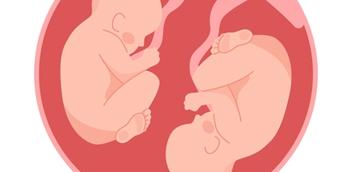
News: Transdermal estrogen may pose less thrombic threat than oral HT
In postmenopausal women, oral estrogen is associated with an increased risk of venous thromboembolism.
In postmenopausal women, oral estrogen is associated with an increased risk of venous thromboembolism-especially during the first year of treatment-while transdermal estrogen may be safer in terms of thrombotic risk, according to research published online May 20 in BMJ.
Marianne Canonico, MD, of Inserm, Villejuif, France, and colleagues reviewed eight observational studies and nine randomized controlled trials to assess the risk of venous thromboembolism in women using hormone therapy.
The researchers' meta-analysis of the observational studies found that women who used oral estrogen had a significantly increased risk of first-time venous thromboembolism compared to non-users (OR, 2.5). It also found that women who used transdermal estrogen did not have a significantly increased risk compared to non-users (OR, 1.2). But the researchers cautioned that more data are needed to assess differences in risk across the wide variety of hormone regimens.
Canonico M, Plu-Bureau G, Lowe GD, et al, Hormone replacement therapy and risk of venous thromboembolism in postmenopausal women: systematic review and meta-analysis. BMJ. 2008;336:1227-1231. doi:10.1136/bmj.39555.441944.BE
Newsletter
Get the latest clinical updates, case studies, and expert commentary in obstetric and gynecologic care. Sign up now to stay informed.









